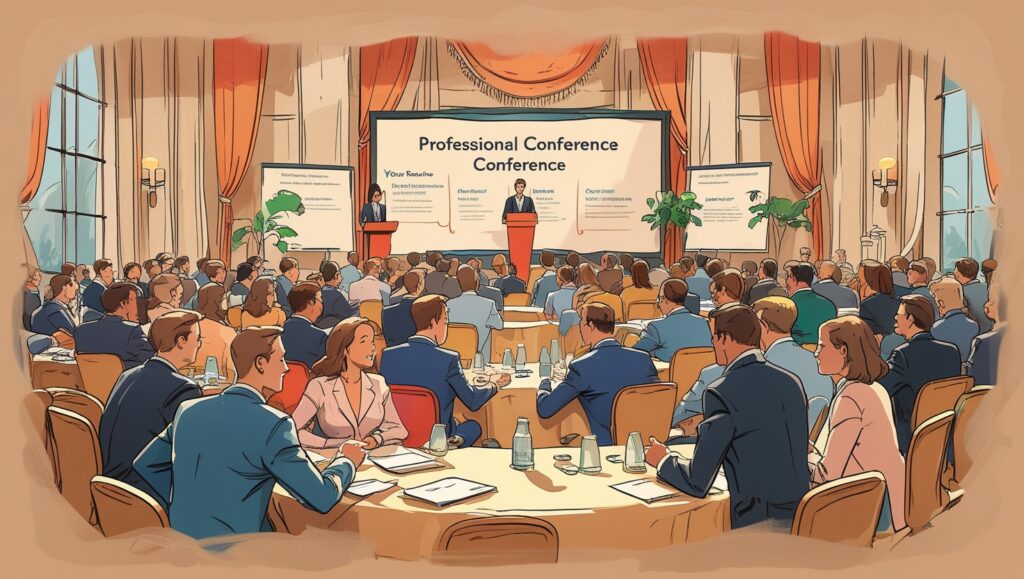Interest in the Womens Studies Conference is at an all-time high as global movements for equality and gender justice continue to reshape academic and policy landscapes. participation is rising at major gatherings like the World Conference on Women’s Studies and Global Conference on Women’s Studies, reflecting an urgent need for interdisciplinary dialogue and real-world solutions. So, what makes a Womens Studies Conference essential for academics, researchers, and professionals today? Dive in for a complete, authoritative guide to the trends, impacts, and opportunities at these pivotal events.
The Essence of the Womens Studies Conference
A Womens Studies Conference is a premier scholarly event where research on gender equity, women’s rights, and feminist theory converges. It provides a diverse platform for academics, activists, policymakers, and media professionals to:
- Examine global and regional barriers to gender equality.
- Explore feminist ethics, policy analysis, and social justice.
- Share impactful findings and innovative strategies.
These conferences welcome attendees from diverse disciplines such as sociology, history, public policy, psychology, and media studies, encouraging multidisciplinary research and knowledge exchange.
Key Themes and Tracks in Womens Studies Conferences
Gender Equity and Intersectionality
Central to every major event are sessions covering intersectional feminism, equity in education, and representation in media and politics. Recent themes have addressed:
- Inclusive education and feminist pedagogy.
- LGBTQ+ rights and intersectional advocacy.
- Representation in arts, literature, and popular culture.
Women’s Empowerment and Social Justice
Panels and workshops frequently cover topics such as:
- Reproductive justice and healthcare equity.
- Leadership and career opportunities for women.
- Activism against gender-based violence and discrimination.
Global Collaboration and Community Engagement
Conferences foster international partnerships by bringing together researchers from across continents, including keynote speakers from Africa, Australia, Europe, and the Americas. This global focus nourishes:
- Policy-oriented research on gender and development.
- Strategies for community engagement and advocacy.
- Scholarly publishing and academic mentorship.
The Value of Networking and Research Impact
Building Professional Networks
Attending a Womens Studies Conference offers unmatched opportunities to:
- Forge collaborations with university departments, NGOs, and government agencies.
- Meet editors of prominent journals and publishers.
- Connect with scholars, graduate students, and senior researchers.
Networking is integral to advancing interdisciplinary projects and shaping future research directions.
Publishing and Professional Development
Accepted abstracts and papers are frequently published in proceedings with ISSN/ISBN, indexed by Google Scholar, Scopus, DOAJ, and major academic platforms. Conference attendees gain:
- Access to exclusive publishing opportunities.
- Feedback from international experts.
- Support for career advancement in academia and policy sectors.
Organizing and Participating: Trends in Conference Events
Hybrid Formats and Accessibility
In response to global challenges, many conferences now blend in-person and virtual experiences, democratizing access and enabling participation from remote regions. Benefits include:
- Flexibility for diverse attendees.
- Digital archives of keynotes and panels.
- Increased inclusion for scholars worldwide.
Focus on Diversity and Inclusion
Recent conferences prioritize diversity in speakers, topics, and modes of engagement, expanding discussions to include marginalized voices and emerging fields such as women in STEM and technology.
The Future of Womens Studies Conferences
Looking ahead, these conferences will deepen their role in shaping policy and cultural attitudes by:
- Fostering greater interdisciplinary research.
- Amplifying advocacy for underrepresented groups.
- Integrating new technologies and digital platforms to facilitate research sharing.
The drive toward more equitable and inclusive societies underscores the enduring relevance and transformative power of the Womens Studies Conference.
FAQ: Womens Studies Conference
What topics are covered at a Womens Studies Conference?
Sessions span gender equity, feminist theory, intersectionality, activism, health, education, social justice, and women in media and technology.
Who attends the Womens Studies Conference?
Academics, researchers, policymakers, activists, graduate students, and media professionals from around the globe.
Can early-career scholars present their work?
Yes, conferences encourage the participation of graduate students and emerging researchers.
Are conferences in-person, virtual, or hybrid?
Most major events now offer hybrid formats to maximize accessibility.
What are the benefits of networking at such events?
Building collaborations, publishing research, meeting industry leaders, and exploring interdisciplinary projects.
Is there a focus on international perspectives?
Absolutely, with global speakers, diverse panels, and policy tracks focused on worldwide gender issues.
How does participation contribute to professional growth?
Access to publishing, multidisciplinary mentorship, career development sessions, and policy influence.
Conclusion
The Womens Studies Conference stands as a cornerstone of progressive research, global dialogue, and transformative action in gender studies. It brings together visionary leaders, passionate advocates, and dedicated scholars to tackle pressing challenges and promote lasting societal change. Whether aiming to publish, collaborate, or advocate for equality, these conferences offer unique value for professionals and researchers alike.
Ready to advance your impact? Register now and explore the latest events at Conferences Daily—your portal to knowledge, community, and change.















